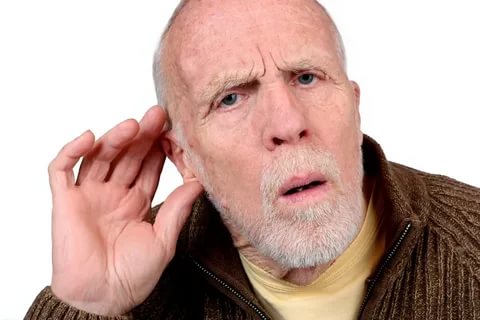You are no doubt familiar with the most common health conditions that cause hearing damage. You know that your ears tend to grow weaker as you grow older. You also know that exposure to loud noise, either sudden or prolonged, can be damaging.?
What you might not know is how many other conditions can impair your hearing. The human ear is not only surprisingly delicate but also profoundly interconnected with the rest of the body. It’s why hearing loss can so often be a precursor to other health conditions ? and why it’s associated with the conditions on this list.?
Table of Contents
Diabetes
According to the National Institutes of Health, hearing loss in adults with diabetes is about twice as common as those without the disease. In a 2008 study, the organization and several partnered institutions found that about 54% of diabetic adults suffered from high-frequency hearing loss, which affected about 32% of non-diabetic adults. The study also found that non-diabetic individuals with high blood sugar had a 30% higher rate of hearing loss than those with regular blood sugar.
Evidence suggests that high blood sugar can, over a long period, damage the blood vessels and nerves in the inner ear.?
Hypertension
Just as high blood sugar can damage the inner ear’s delicate blood vessels, so can high blood pressure. In a study published by the U.S. National Library of Medicine (NLM), researchers found that patients suffering from hypertension experienced a greater increase in hearing threshold compared to those without the condition. There are a few possible causes for this:?
- High blood pressure tends to damage blood vessels, potentially leading to hemorrhaging.?
- Plaque buildup, meanwhile, reduces the efficiency of said vessels. They’re able to deliver less oxygen to the ears, resulting in long-term cell damage.?
HIV
Per a study published in JAMA Otolaryngology?Head & Neck Surgery, HIV-positive adults, regardless of the severity of their infection, are likelier to develop hearing loss when compared to HIV-negative adults. Although it wasn’t clear precisely what causes the hearing loss, the researchers theorized that it might be a mechanism of the body’s response to something the virus does or causes, such as inflammation.
Other possible causes may include, according to NLMI😕
- Greater susceptibility to infections that lead to long-term hearing damage. This may include conditions such as Autoimmune Ear Disease, a rare disorder that sees one’s immune system attack the inner ear.?
- Treatment with ototoxic medication.?
Keep An Eye on Your Ears
Hearing loss rarely occurs without cause. More often than not, it can even be a warning sign of a much more severe health concern. As such, I’d strongly recommend regular hearing tests ?that way, you may catch hearing issues before they cause permanent harm and possibly even identify something far more severe in the process.?
About the Author:
Pauline Dinnauer is the VP of Audiological Care at Connect Hearing, which provides industry-leading hearing loss, hearing testing, and hearing aid consultation across the US.
